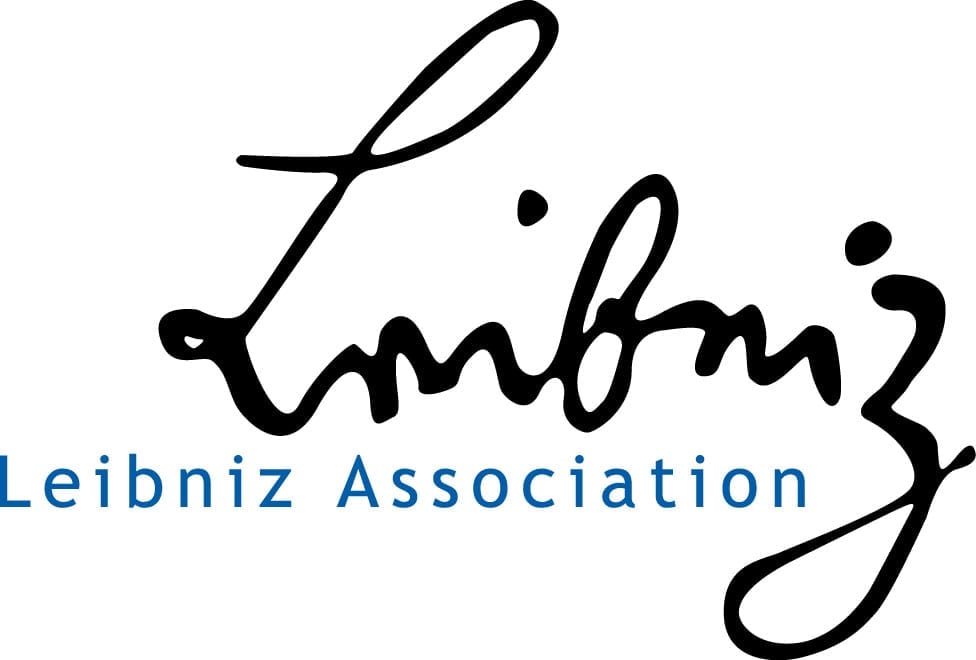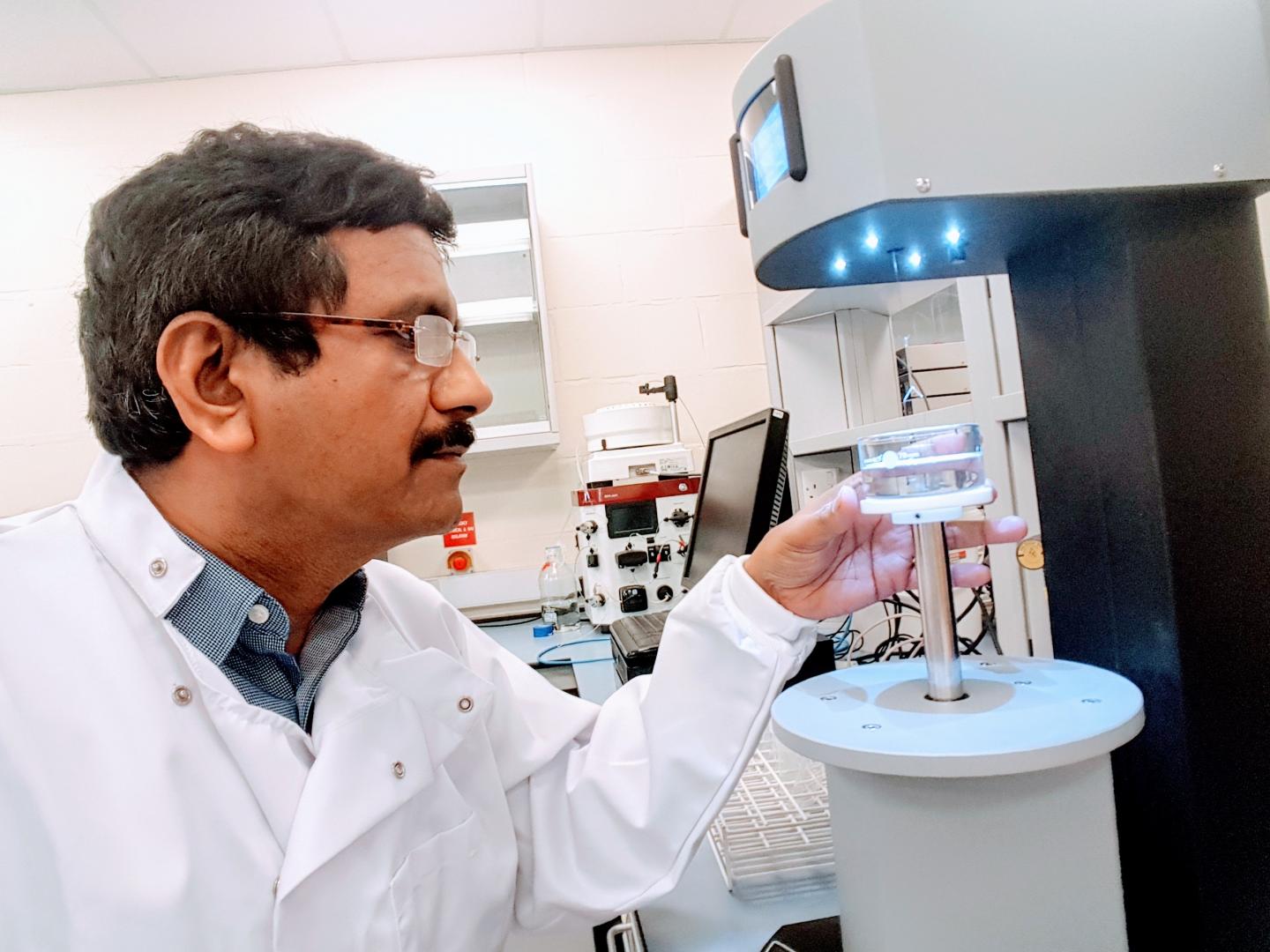
The Leibniz Association (German: Leibniz-Gemeinschaft or Wissenschaftsgemeinschaft Gottfried Wilhelm Leibniz) is a union of German non-university research institutes from various disciplines
The Latest Bing News on:
Leibniz Association Research
- Goethe University and ISSB Plan to Strengthen Collaboration in the Future
One or two conferences a year, networking with the relevant research institutions in the Rhine-Main region, training and further education with regard to the development and application of sustainabil ...
- Researchers identify cause for immunodeficiency after stroke and heart attack
Every year, between 250,000 and 300,000 people in Germany suffer from a stroke or heart attack. These patients suffer immune disturbances and are very frequently susceptible to life-threatening ...
- Riesling wines: Human odorant receptor for characteristic petrol note identified for the first time
The Leibniz-LSB@TUM is a member of the Leibniz Association, which connects 97 independent research institutions. Their orientation ranges from the natural sciences, engineering and environmental ...
- German housing crisis: Finding a home 'like winning the lottery!'
Housing is the social issue of the 21st century, German politicians and experts say time and again. And yet there's no improvement in sight, especially in cities, where affordable housing is in short ...
- Evaluation of ZALF by the Leibniz Senate - Outstanding development in research and organization
The Leibniz Senate recognized ZALF's important research contributions to highly ... ZALF is regularly evaluated by the Leibniz Association. The evaluation is based on a report submitted by ZALF ...
The Latest Bing News on:
Leibniz Association Discovery
- Unique “Elmshorn” meteorite now on display at the Hamburg Museum of Nature
A meteorite of extraordinary significance has found its place in the Hamburg Museum of Nature. The “Elmshorn” meteorite, which fell from the sky near Hamburg on April 25, 2023, holds both scientific ...
- Abrupt Epigenetic Aging of the Colon
Research teams from Leibniz Institute on Aging – Fritz Lipmann Institute Jena (FLI), University Hospital Jena and Christian-Albrechts-University Kiel ...








